Your cart is currently empty!
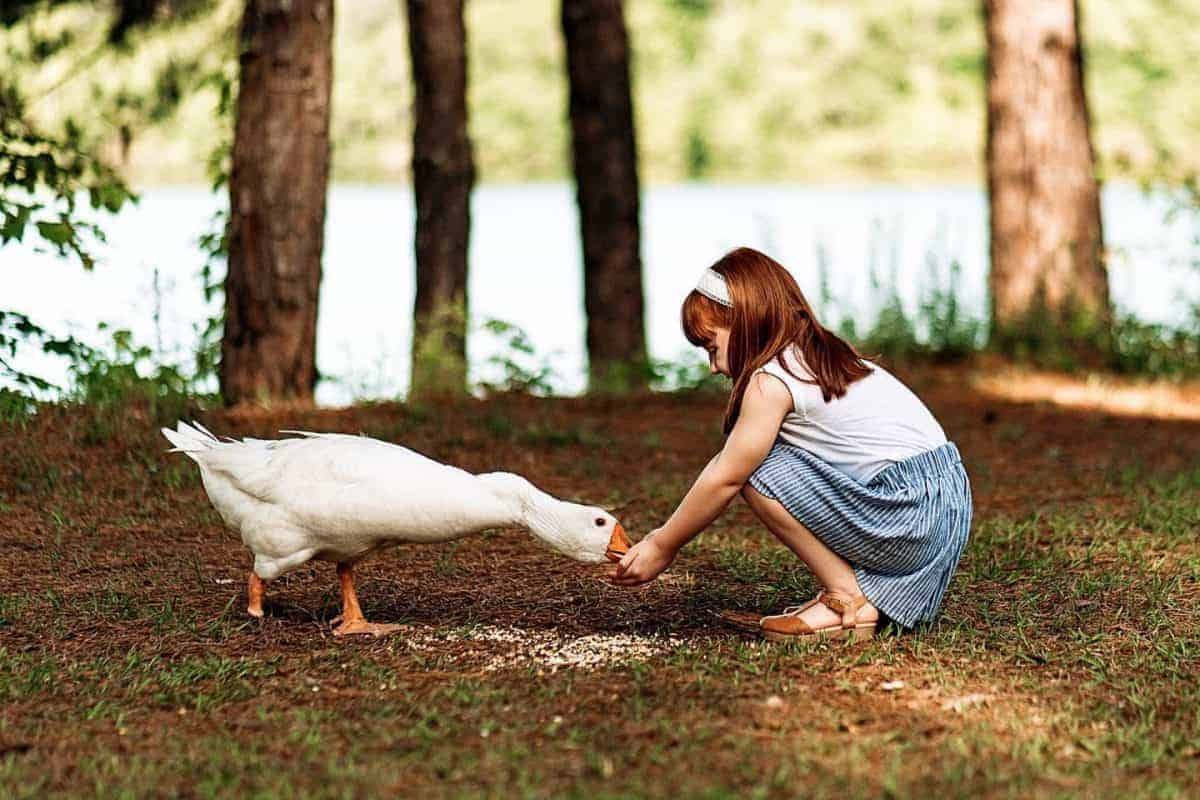
20 Benefits of Raising Kids Around Animals
Animals are a part of many children’s lives and that’s a good thing because there are some truly amazing benefits of raising kids around animals. Animals large and small love, teach, delight, and offer a special kind of companionship for children and adults. Whether your companion animal is a dog, cat, fish, turtle, chicken, horse, hamster, lizard or pig, there are so many wonderful effects on kids that grow up having animals around.
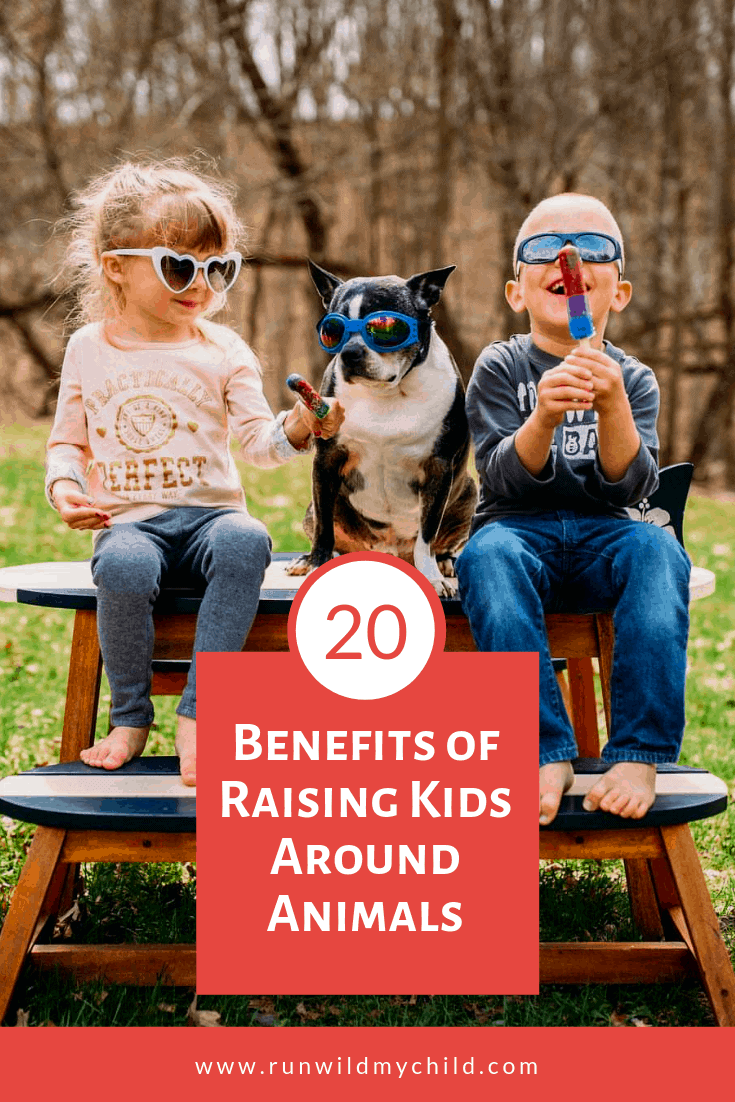
Benefits of pets and animals
Most kids naturally love animals. A child who learns to care for an animal, and treat it kindly and patiently, may get invaluable training in learning to treat people the same way. Aside from building great memories, having a pet in the house or growing up around animals actually serves some pretty incredible purposes when it comes to the emotional development and even physical health of kids.
Here are some of the many benefits of animals and advantages for children when raised around animals.
1. Kids with animals as pets have fewer allergies and asthma
Children who grow up in homes with pets have less risk of developing common allergies and asthma. Studies have shown that children who were exposed to two or more dogs or cats as babies were less than half as likely to develop common allergies as kids who had no pets in the home. Children who had animals had fewer positive skin tests to indoor allergens—like pet and dust-mite allergens—and also to outdoor allergens such as ragweed and grass. Other studies have suggested that early exposure to pets may decrease a child’s risk of developing asthma.
2. Kids with pets spend more time outside
Talking your dog for a walk, feeding the cattle on the farm or going on a hike with your adventure cat are great incentives to get your kids outside and active. We all know the importance of getting your kids outside and how beneficial physical activity is for kids. Kids with pets tend to head outside more – to go for walks, run and play – and they enjoy all the associated health benefits of an active outdoorsy life.
Kids that have dogs particularly, go out with balls and sticks at the ready and end up running around for at least a few extra minutes each day. One study published in the American Journal of Public Health shows that children with dogs spend an average of 325 minutes doing physical activity per day, 11 more than those without dogs. This included time spent in light, moderate, moderate to vigorous, and vigorous activity.
3. Animals provide lessons about life, including reproduction, birth, illnesses, accidents, death, and bereavement
Personally, I think this is one of the most underestimated benefits of animals. Pets and animals teach children so many incredible lessons about the stages of life and all the intricacies and emotions that go along with them. From chickens that lay eggs to cats that have kittens, through putting down the family dog, companion animals have shorter lives than most humans, which allows children opportunities to observe and experience a wide range of phases, stages and natural processes. The lifespan of an animal provides so many lessons for kids to learn about life – the beauty, the harshness and the joy.
4. Animals provide responsibility and foster leadership in kids
If your child is old enough to walk and communicate, they are old enough to start contributing to the care of animals. You may start with a single task for a family pet, such as feeding them or cleaning/refilling the water bowl. Pretty soon your kid will be able to take care of everything from training to grooming. Having an animal that relies on your child and does what they say gives children an inherent understanding of responsibility and the challenges of leadership.
5. Animals teach kids about patience and self-control
Animals are not always what we want them to be. Sometimes they are over-excited, jump/bark too much, slobber, claw, bite/peck, or destroy your personal belongings. Learning to handle these things teaches a child patience, tolerance, and understanding. Learning to be patient with an animal, even when it is frustrating, also teaches children self-control. Children will learn how a soft but firm voice and careful, considerate actions have a better effect than yelling, hitting, or throwing a tantrum ever could.
6. Animals are excellent listeners and safe recipients of secrets and private thoughts
Animals are great listeners! Emerging readers often feel more comfortable reading aloud to a pet than to anyone else. There’s never any judgment or critique. Animals are also excellent at keeping secrets and loving a child regardless of nearly anything they’ve been told. Children often talk to their pets, like they do to their stuffed animals or dolls, telling them secrets or things about their day, friendships, or relationships. Animals never interrupt or insist on talking about themselves.
7. Sharing the love and care of a family pet forges an additional common bond among siblings
Animals can help families and siblings grow stronger and closer together. A pet is often the focus of activities that families do together or things they talk about. Everyone takes the dog for a walk, and siblings share in grooming and feeding responsibilities. Siblings learn to play together with animals and stay happy. Siblings with pets have something that can distract them from constant fighting and arguments, which children engage in often. Animals also create cherished memories for families that last a lifetime. Siblings will always remember that time they dressed the cat up like Batman or when the dog got sprayed by a skunk when camping.
8. Animals teach kids about the act of sharing
One of the ways by which kids bond with their pets is by sharing things with them. Kids share food, drink, thoughts, time, and ideas with their pets. They look forward to those special moments of giving things to their pets, such as treats, gifts, and toys. And the plus side is that the animals never have to ask for it. Children learn to share and give out of kindness instead of being expected, asked or forced.
9. Animals provide unexpected biology lessons
Children who spend time around animals before they go to school are more likely to understand basic biology and how that translates between animal species. Activities like counting whiskers on their cat, laying on their dog listening to its heartbeat and tummy gurgles, or studying the way a snake digests food passively familiarizes children with the inner workings of another form of life, giving them a surprising bonus in later science classes.
10. Nurturing animals is an acceptable way for kids to practice being caregivers
Nurturing others is a skill that’s developed and needs to be practiced. Today, there’s little opportunity for kids to nurture and provide for other living things, aside from pets. In many other countries, young siblings look after one another, but in the U.S., that’s not culturally acceptable (or even legal).
Taking care of animals is a great way for children to practice nurturing and caregiver skills. This seems to be particularly important for young boys, who also need to learn how to be caregivers. Caring and nurturing an animal tends to be perceived by kids and peers as more acceptable than nurturing younger siblings, stuffed animals, or dolls.
11. Animals give kids a partner in crime to share special life moments with
Having a pet can be like having a built-in best friend and partner in crime. Budding fashion designers will always have a muse and a model. Family pets are almost always down for movie nights and spending time in blanket forts. Pets don’t question a pressing need to splash in some sweet mud puddles mid-walk. And you think your kid is excited to jump in leaves? With a family pet, they’ll never have to dive alone!
12. Children with a companion animal in the home have higher self-esteem
To kids, animals are just like humans. Young children try to relate to animals as they would with their age mates. They talk to animals, play with them, cuddle them, and even get angry with them. All these healthy displays of their innermost feelings and emotions come without the fear of being judged by their animals and play a significant role in boosting their self-confidence.
13. Animals teach empathy and compassion
Animals (dogs in particular) are very emotional creatures. So are children. In fact, dogs are like children in many ways, from their unerring desire for snacks to their boundless energy to chase toys. Bonding with animals helps children to understand other humans later on because they have a happy base of emotions that they’ve formed with animals.
Children with a close relationship with their dogs are more likely to understand favoritism and concepts like “friends even when you’re mad at each other.” Caring for an animal also teaches your child to read your pet’s needs: is he hungry? Does he need to go outside? Maybe the pet is scared of the storm and needs to be comforted. Moreover, empathy is the one skill that can be taught and a skill that bullies often lack.
14. Animals teach unconditional love
Aren’t animals just the best? They are non-judgmental and love regardless of popularity, GPA, athletic ability, or style. Animals love their people despite bouts of rudeness, snappiness, or tempermentalness. They forgive and forget over and over and over again. They neither judge nor criticize, but love unconditionally.
And not only do animals respond with nonverbal cues, such as sound, nuzzling, and picking up their ears, but animals are also honest, and will not let your child get away with anything. Animals literally teach children the meaning of unconditional and unabashed love in a way that no person or parent can.
15. Animals reduce loneliness
Kids need friends, and animals can be such great companions for children of all ages. They play together, share meal times and even snuggle up for bedtime together. In addition to that, children talk to animals in a way that they don’t (or can’t) talk to other people. Children also have the imagination that they are talked back to by their pet. This makes kids that grow up around animals feel less lonely. Since they know that they have a constant friend that would never get bored of playing with them. Such a kid would rarely feel lonely.
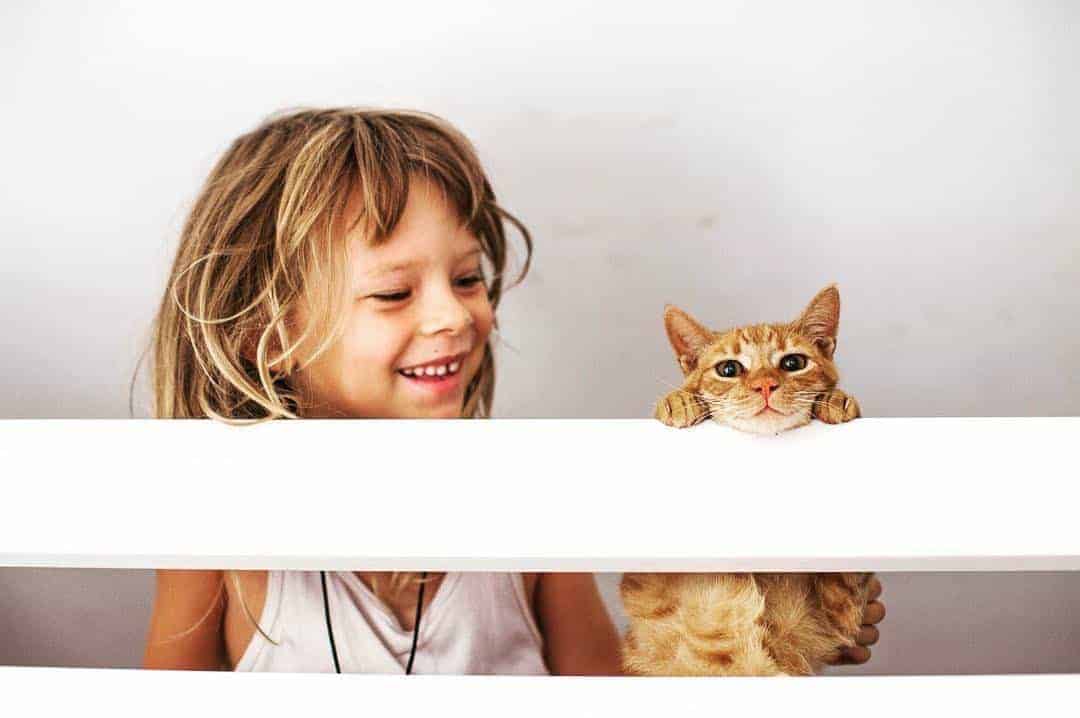 @christinacunninghamphotography
@christinacunninghamphotography
16. Animals may prevent kids from becoming bullies
Some children become bullies if they don’t have a safe place to share their truest emotions. They may project those emotions onto other children that seem weaker or inferior. Because an animal will love your child no matter what he says, that animal gives your child a confidante — a safe place in which to verbally pour out his fears and his anger. Animals give kids a safe-haven of unconditional love to work out their emotions and insecurities.
17. Reading to animals improves children’s reading skills
Animals make great reading buddies at home and at school. Some schools have reading programs that encourage families to bring in their dog during reading time so that the children can practice reading to a dog buddy. This can be a fun experience for kids, especially if they get nervous reading in front of other kids and adults that may constantly correct or criticize them. Kids can read to animals at home without feeling embarrassed about mistakes or ashamed of their reading skills. And when they are consistent with it, they get better at reading.
18. Animals are therapeutic and curb anxiety
Animals have been found to be incredibly therapeutic for children. Studies have shown how pets can help lower blood pressure, speed up recovery time, and reduce stress and anxiety. This has been seen with troubled children, Autistic children, and with children who experience PTSD. When the children are with animals, they can immediately relate to them because they sense the animals are unconditional in their love and affection and can open up in ways that they don’t (or can’t) with people.
19. Animals may make the whole family feel safer
Animals, especially dogs, can be an effective home security system. Studies show that barking dogs deter burglars just as much as alarms. Cats and birds have also been known to sound the alarm when trouble’s around. Just knowing that you have an animal that can use its keen sense of hearing to detect anyone prowling around can help increase your entire family’s sense of security, which is good for both your mental and physical health.
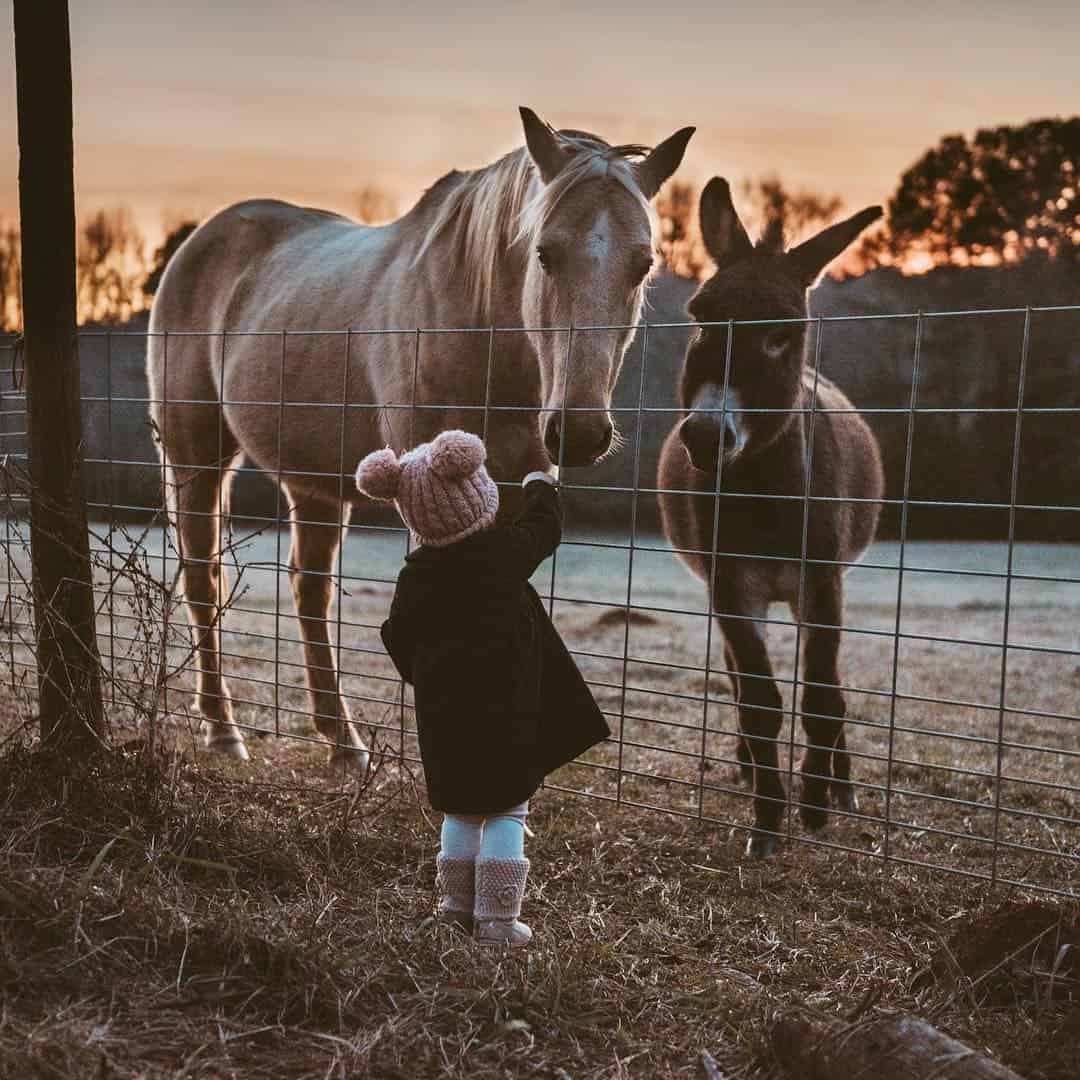 @heather_mk
@heather_mk
20. Animals make kids even cuter!
Ok, this might not be actually true, or it may be a benefit for the parents more than it is for the child, but regardless, you can’t ignore just how cute little kids and animals are together! Having kids and animals as friends around the house will be a constant source of smiles, laughter, and stories that will brighten up your lives for years!
What kinds are animals are your kids growing up around?
What do you think is the biggest benefit of growing up around animals?
*Special thanks to the photographers listed (all members of our amazing Instagram community) for all these absolutely spectacular images!
Comments
9 responses to “20 Benefits of Raising Kids Around Animals”
-
It’s good to know that animals help to reduce loneliness in children. My kids love going to animal shows and learning about animals. They’ve been begging me for a pet, but my wife and I wanted to evaluate the benefits further before committing. We’ll be looking further into our options in the future.
-
I found it interesting that you state that animals can be great scientific experiences for kids. My sister wants to raise her daughter around animals, even though her son is allergic to them. I will send her this information so she can start looking for a petting farm that she can take her daughter to, to help her learn.
-
the pictures are too good and yeah I agreed that statement by THOMAS JAMESON and animals are good friends too.
-
My son likes to read but he thinks he is bad at it. This causes him to get embarrassed in front of other kids. I like your advice about having him read to a dog so he can become comfortable with reading out loud.
-
Great Article! I love all read, Kids become healthier and enjoy more their pets, more taking care of living creatures like dogs and cats and other animals. So please adopt do not buy.
-
[…] Check out this post for more info on the benefits of raising kids around animals. […]
-
[…] ada penelitan yang menunjukkan bahwa bayi yang hidup dengan anjing cenderung mengalami lebih sedikit infeksi dan […]
-
Technologistan is the popoular and most trustworthy resource for technology, telecom, business and auto news in Pakistan
-
[…] Check out our full post on all the benefits of raising kids around pets and animals. […]

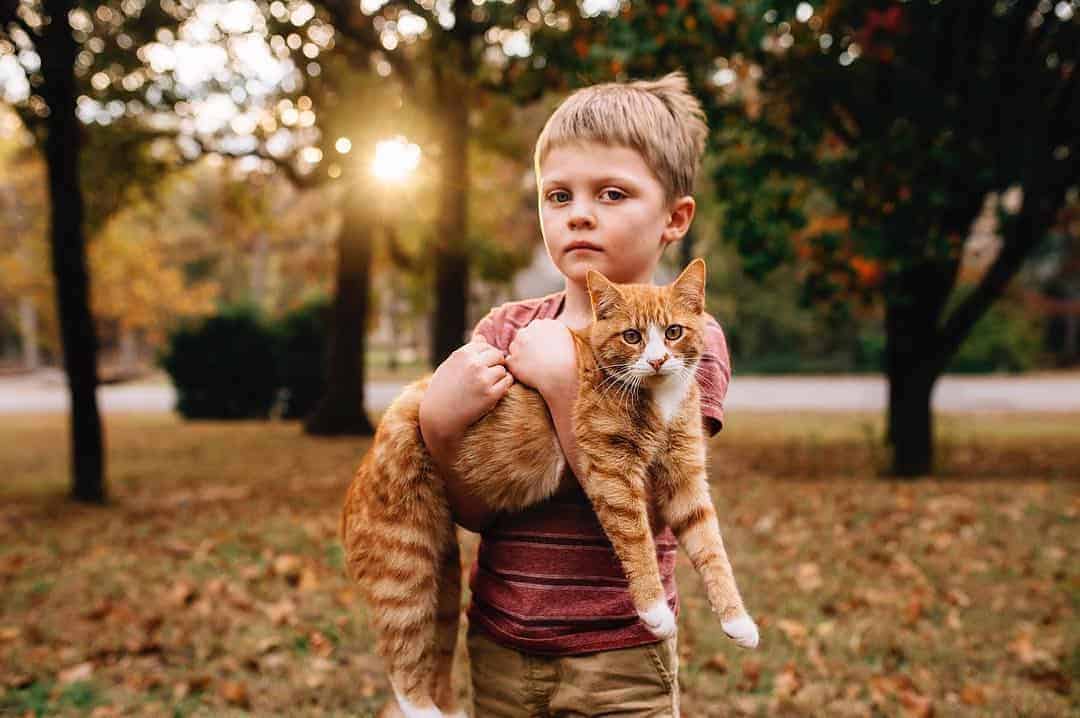
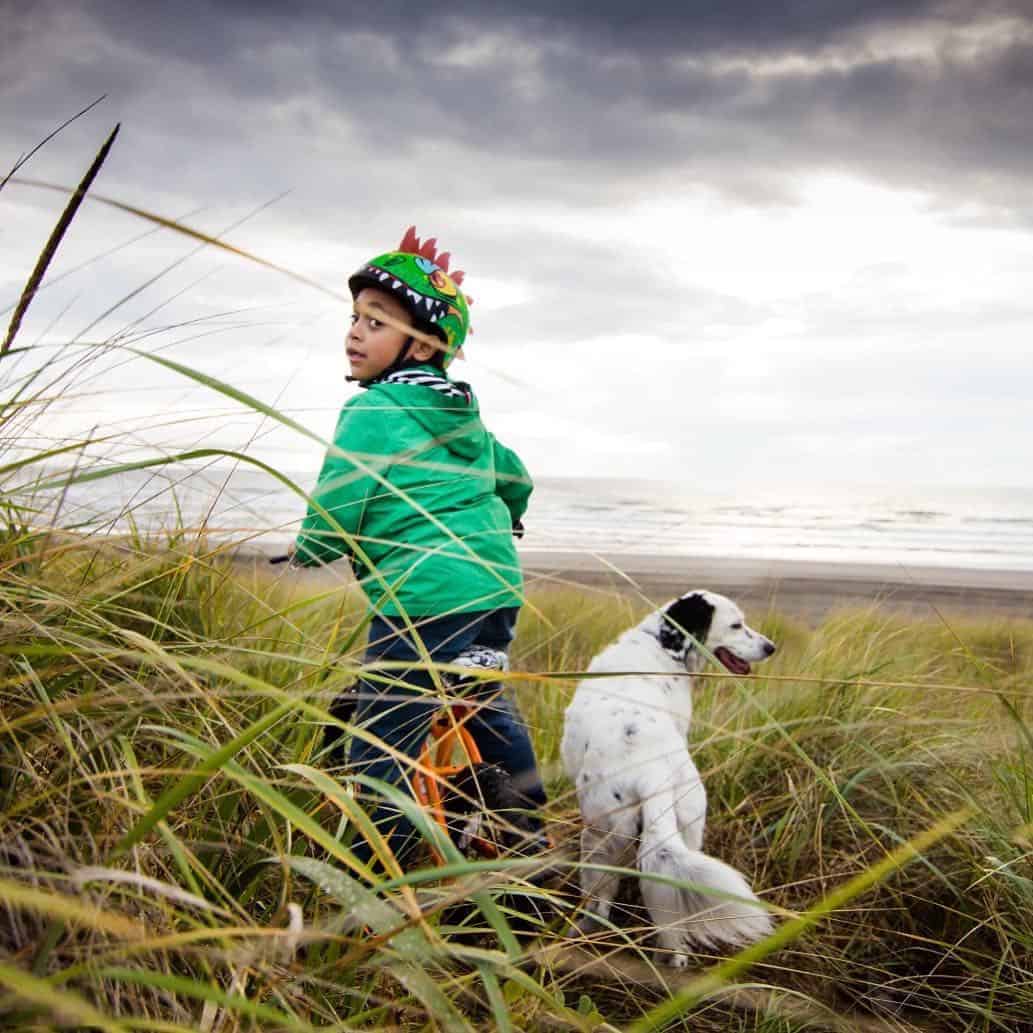
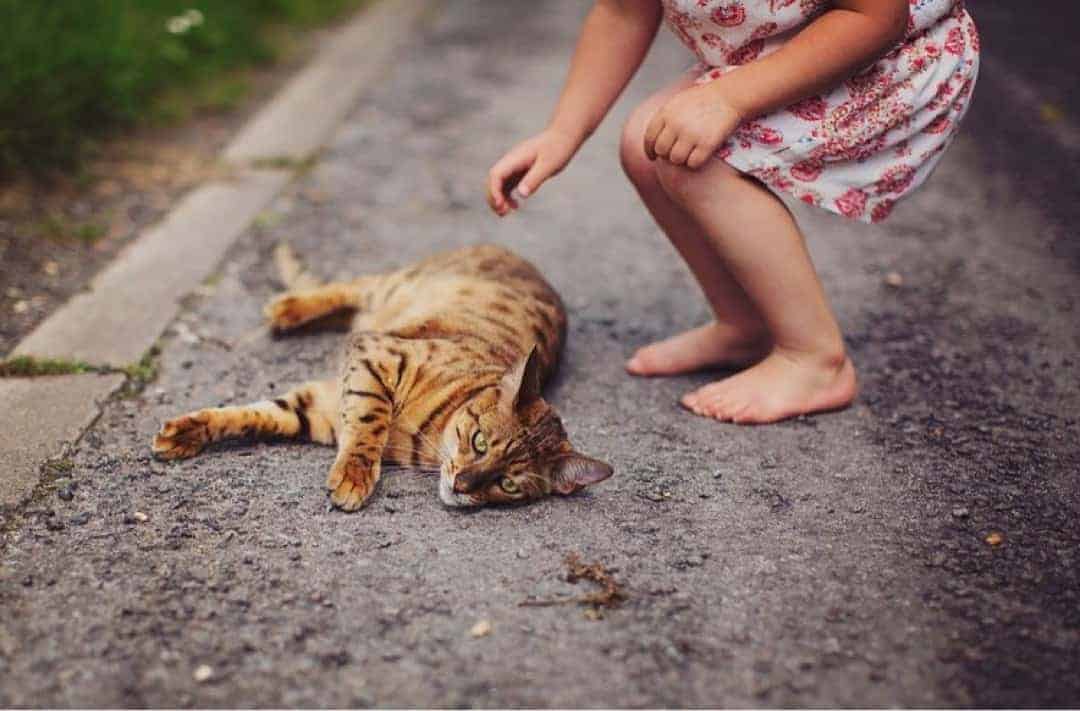

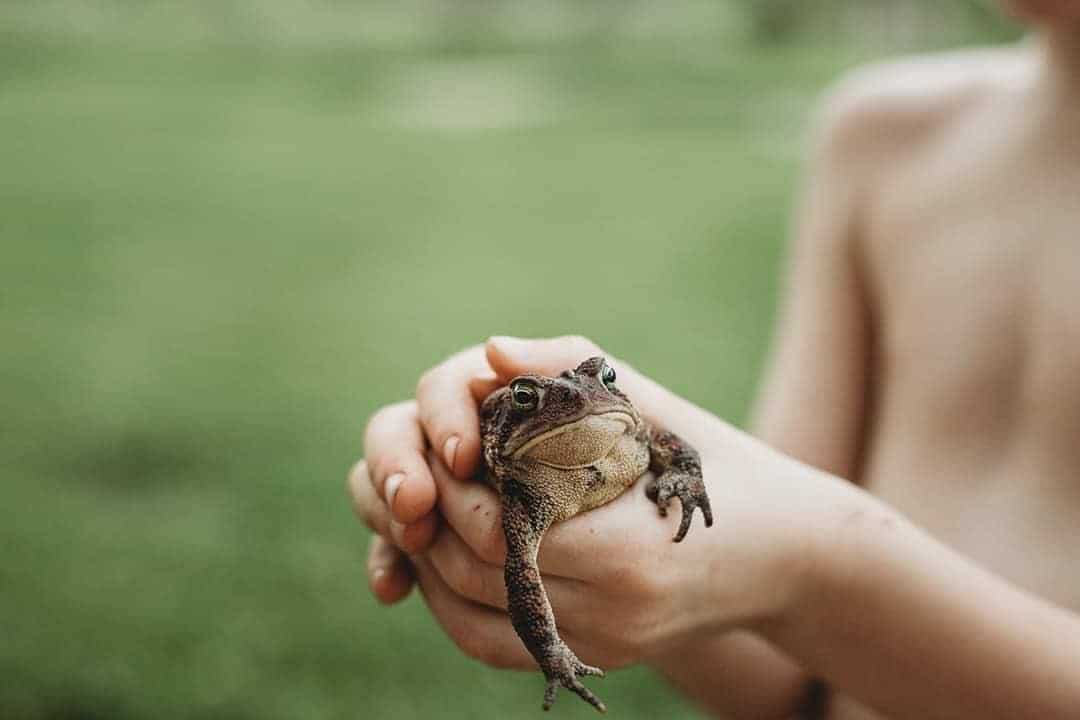

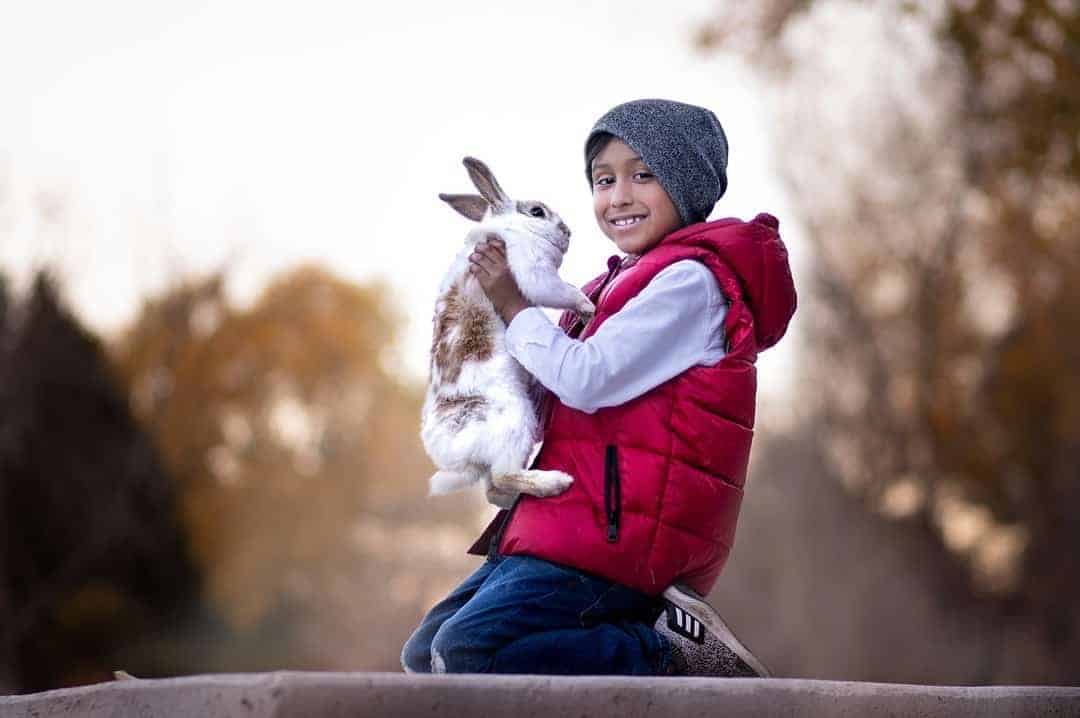
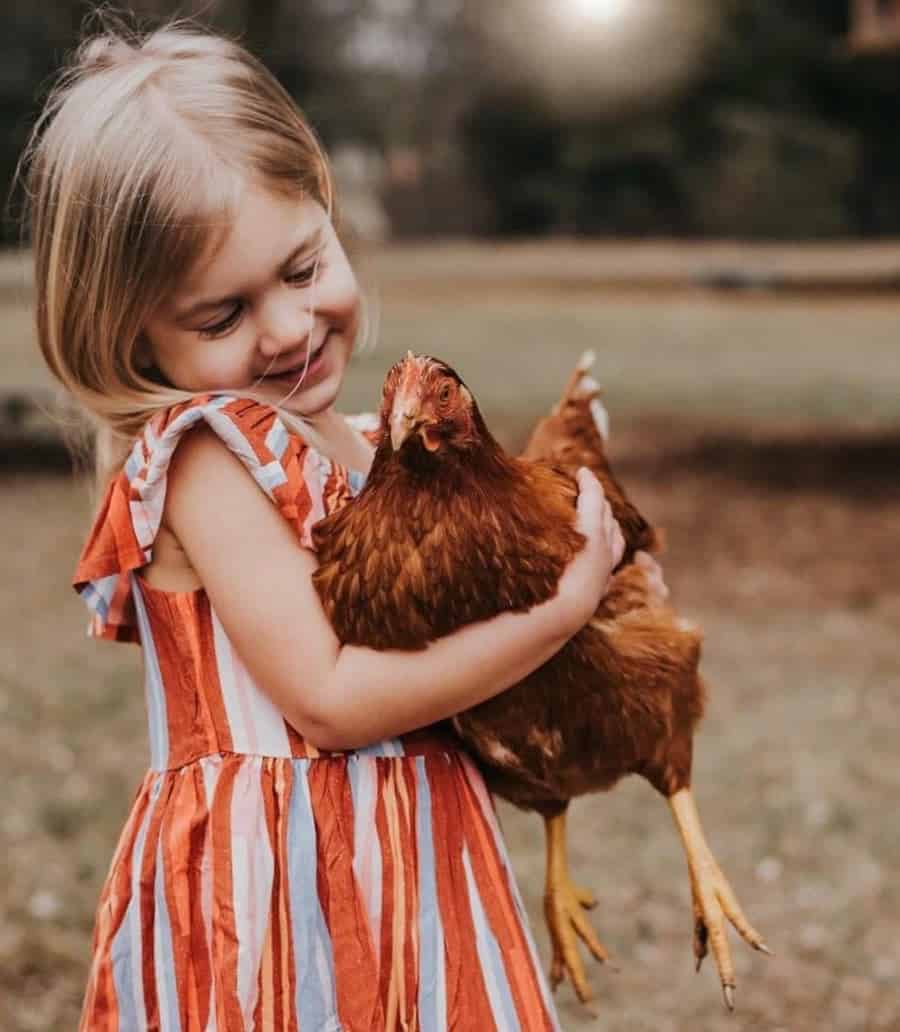
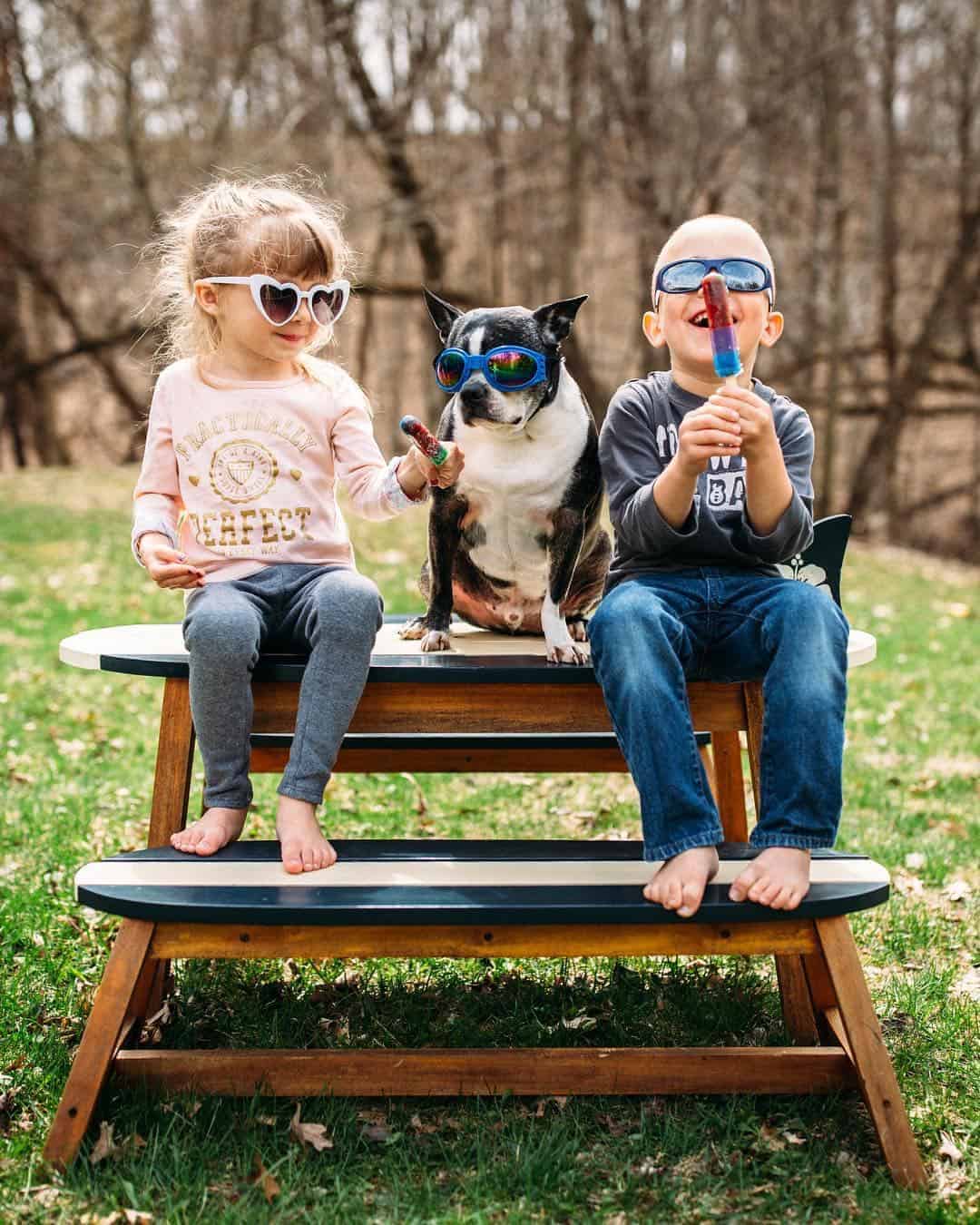
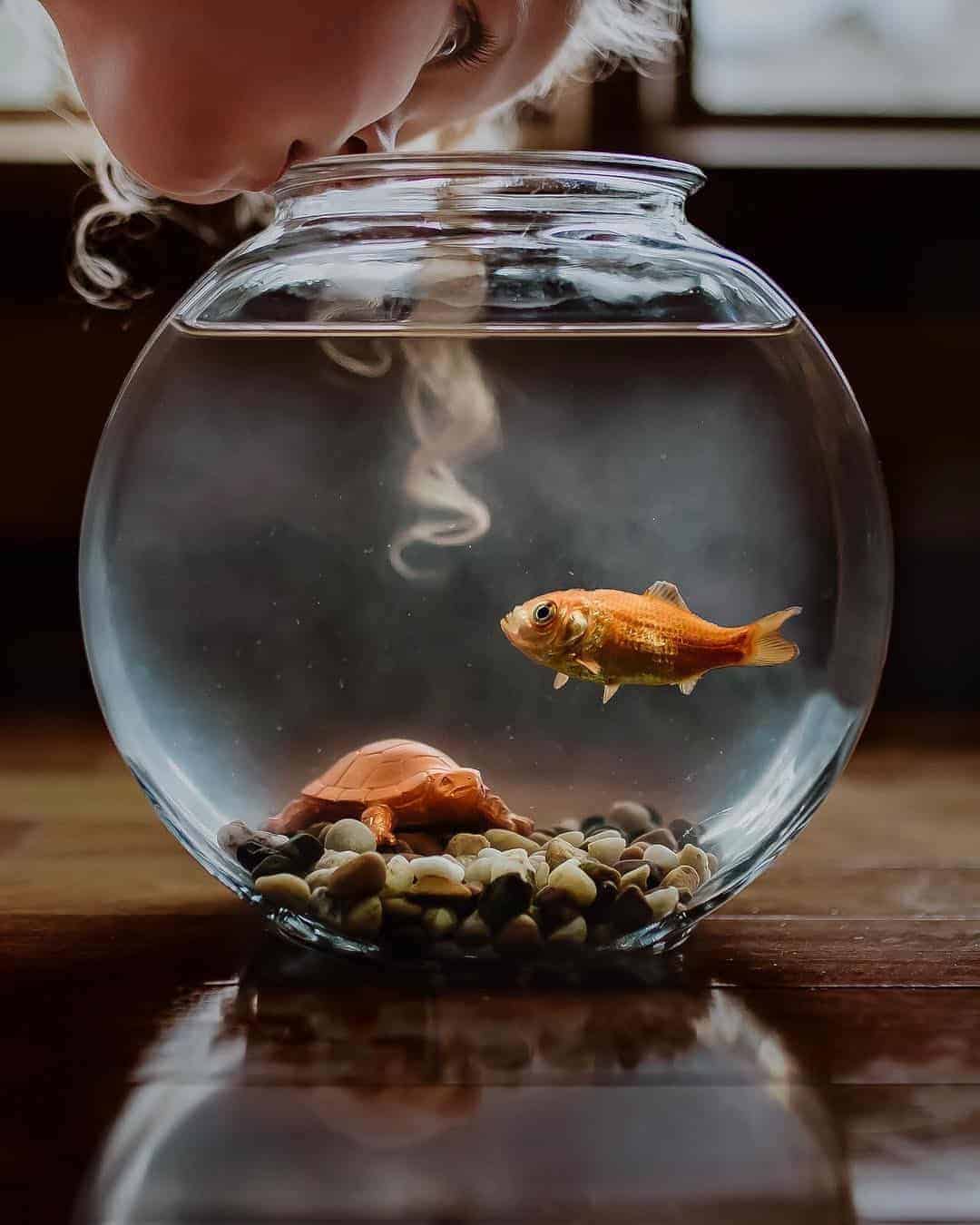
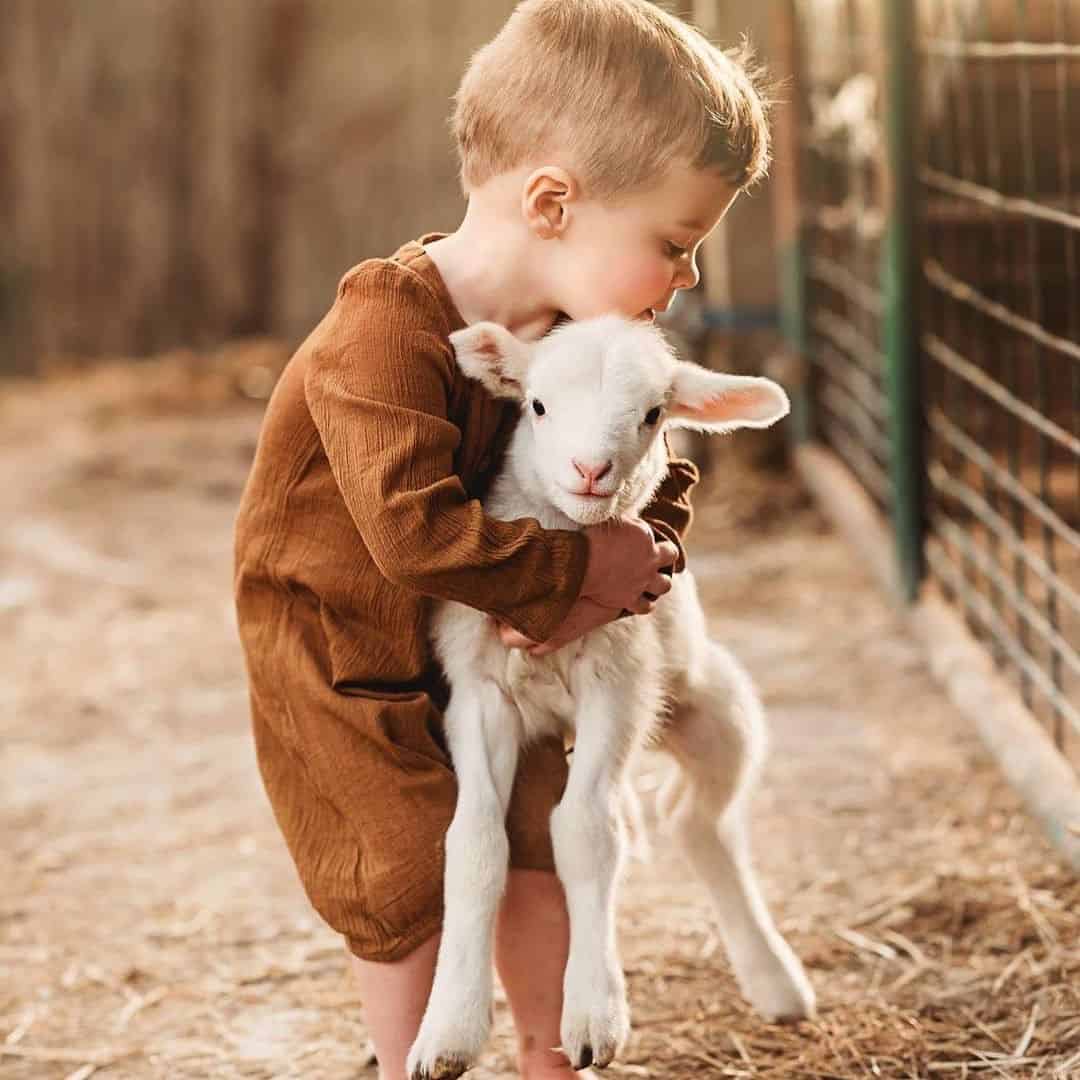
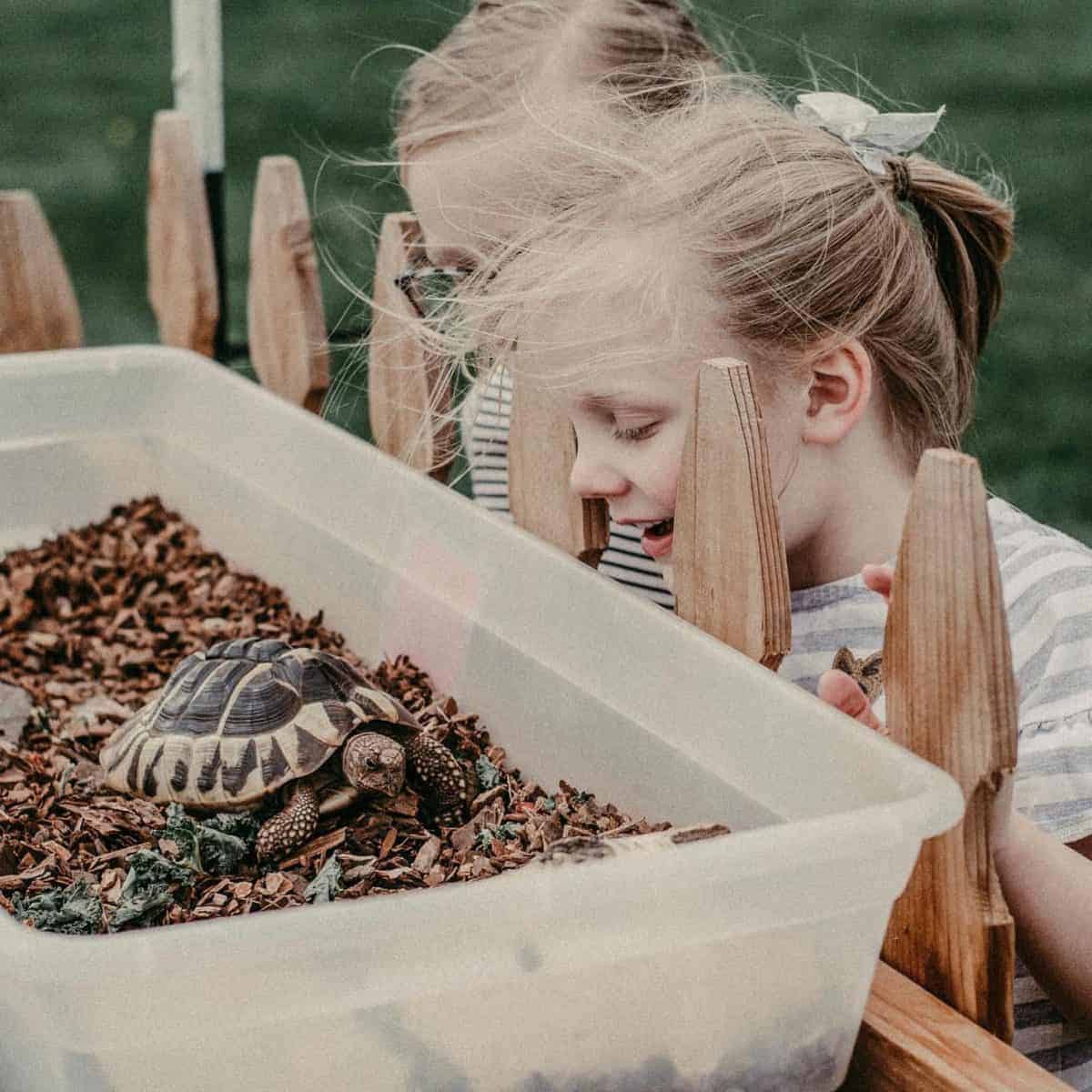
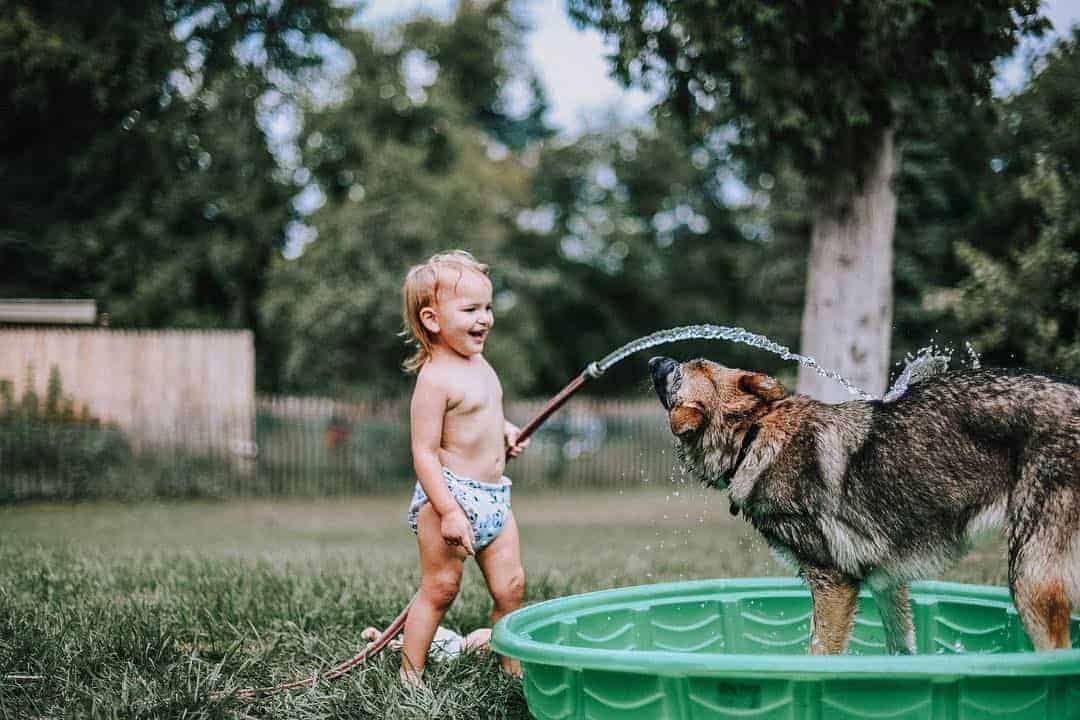
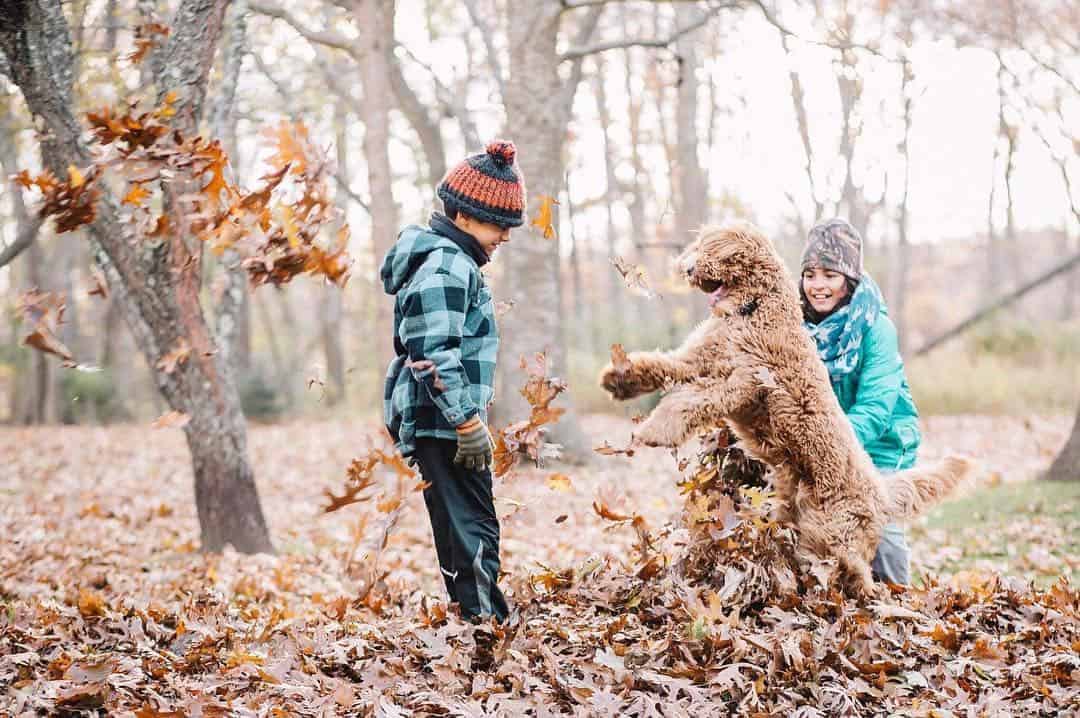
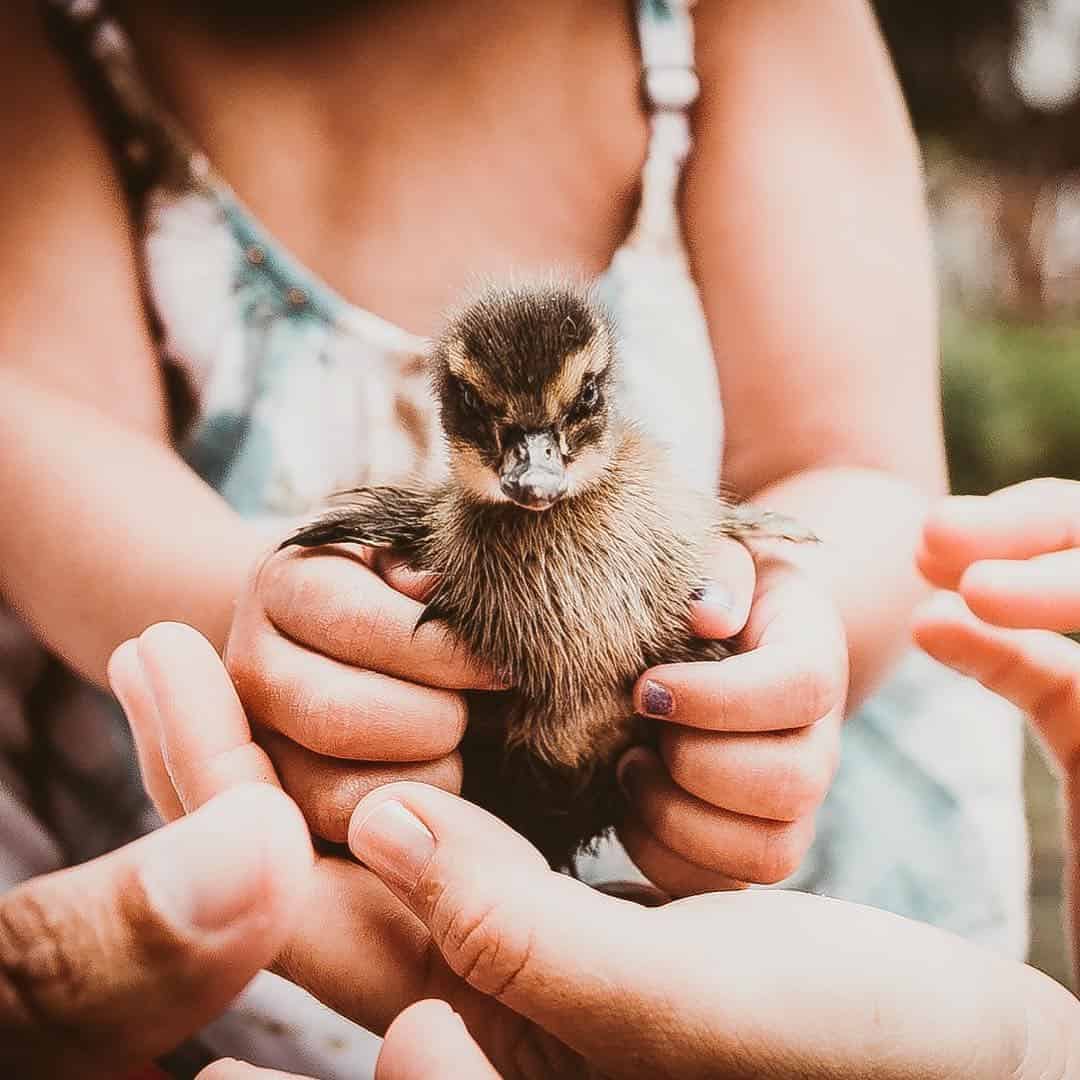
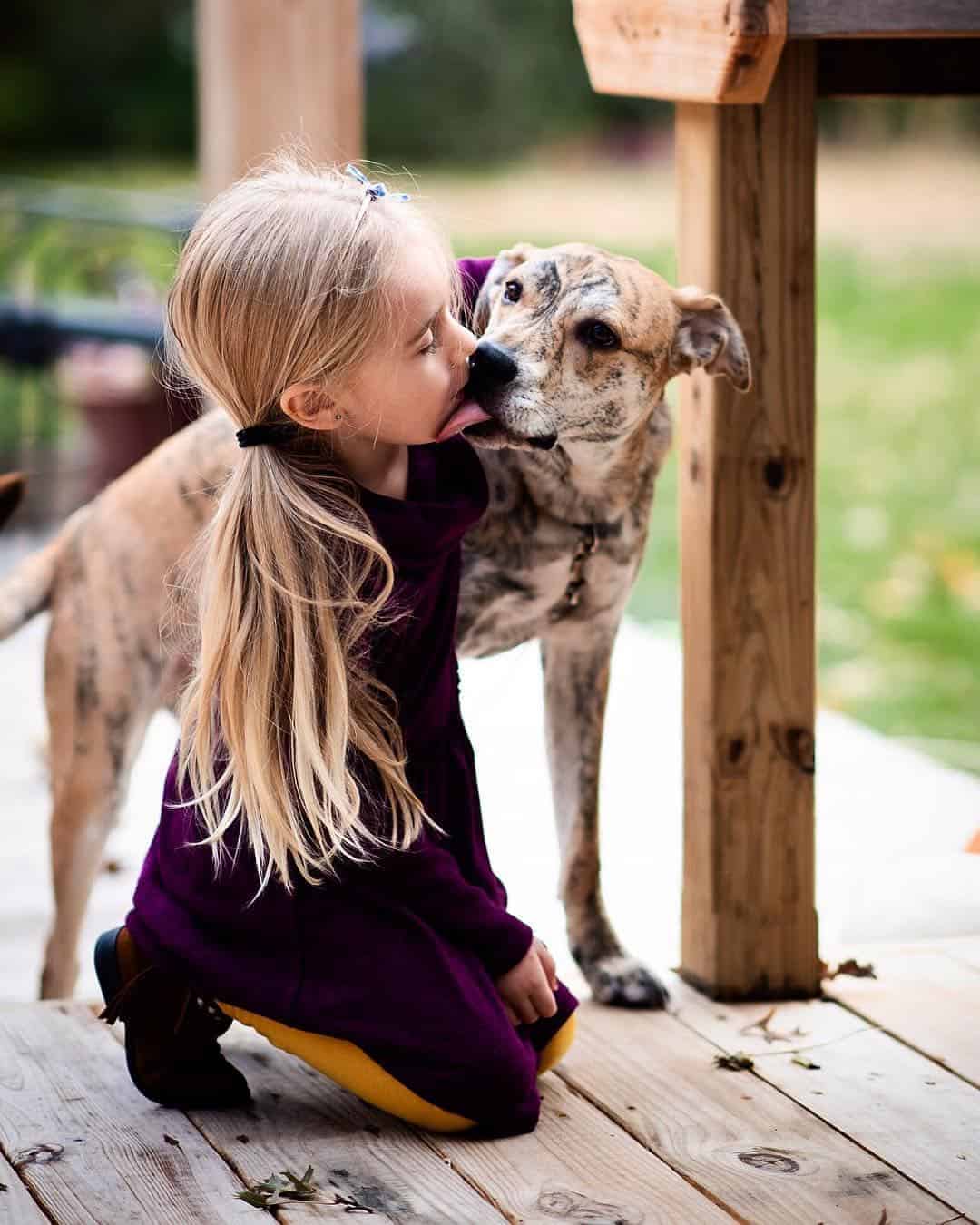
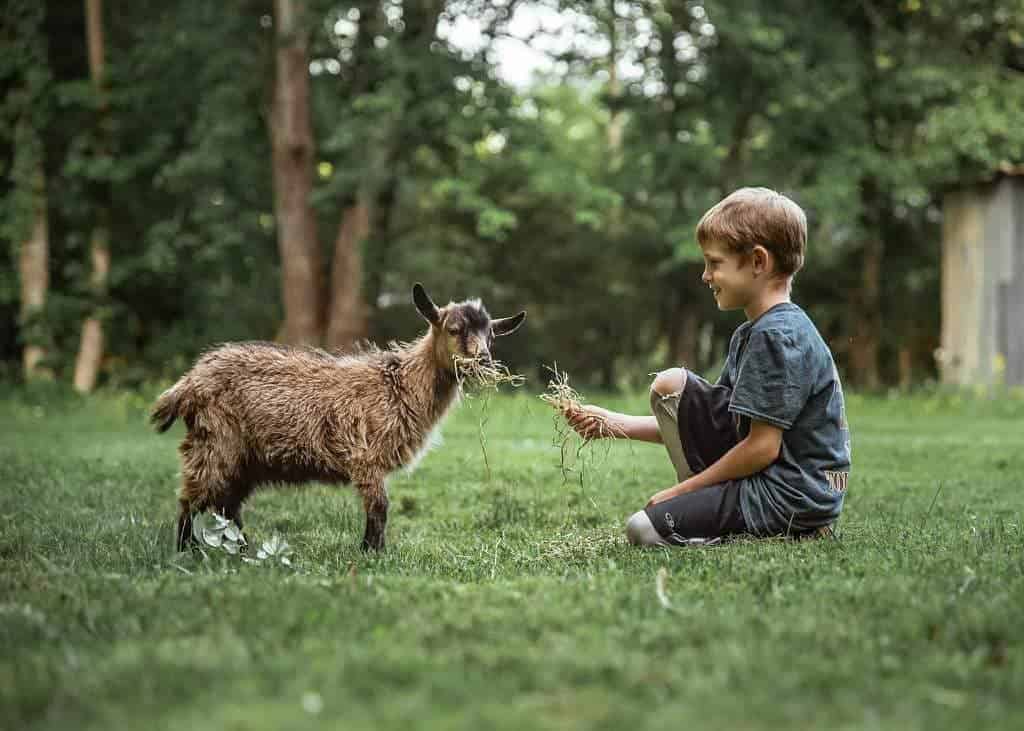
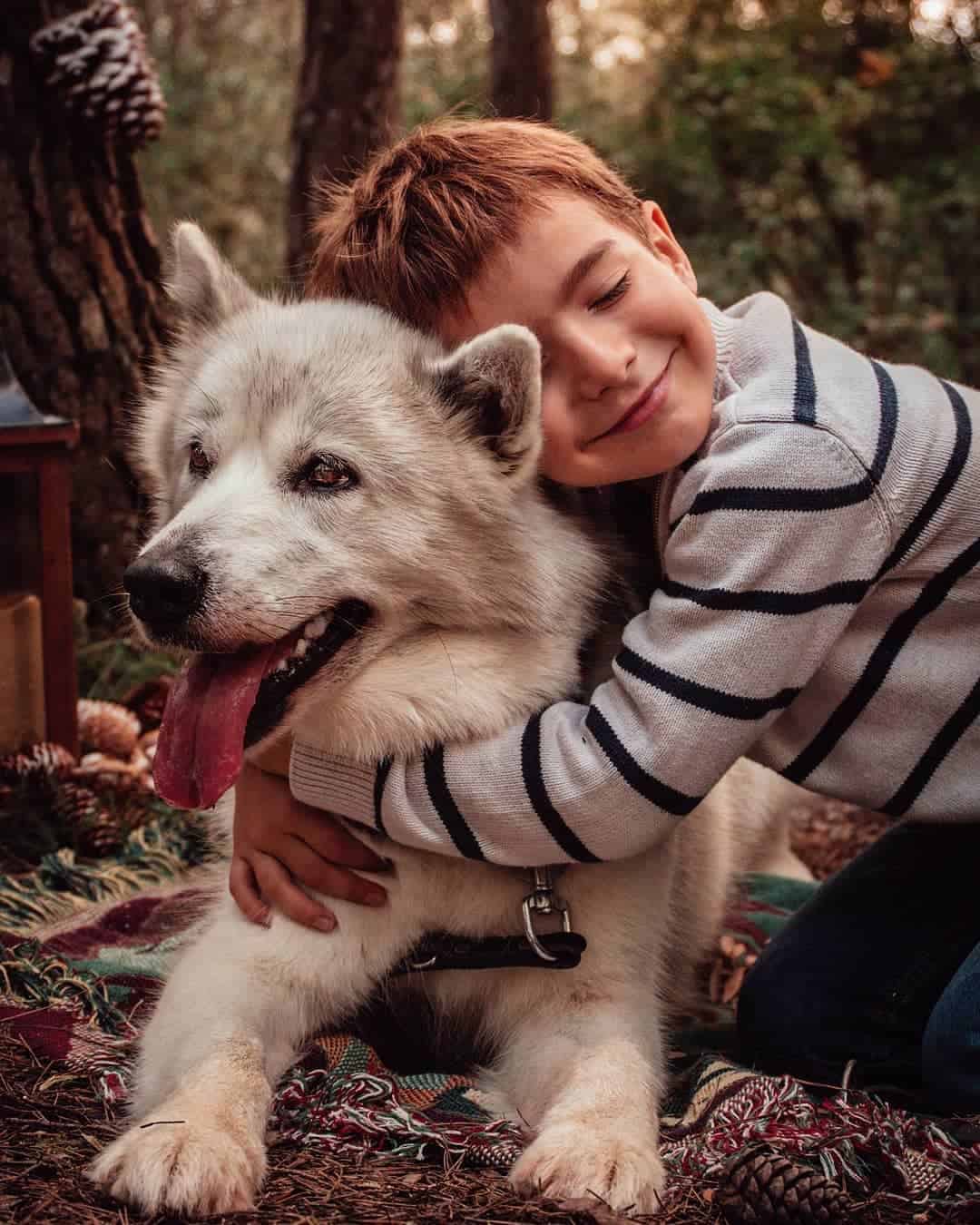

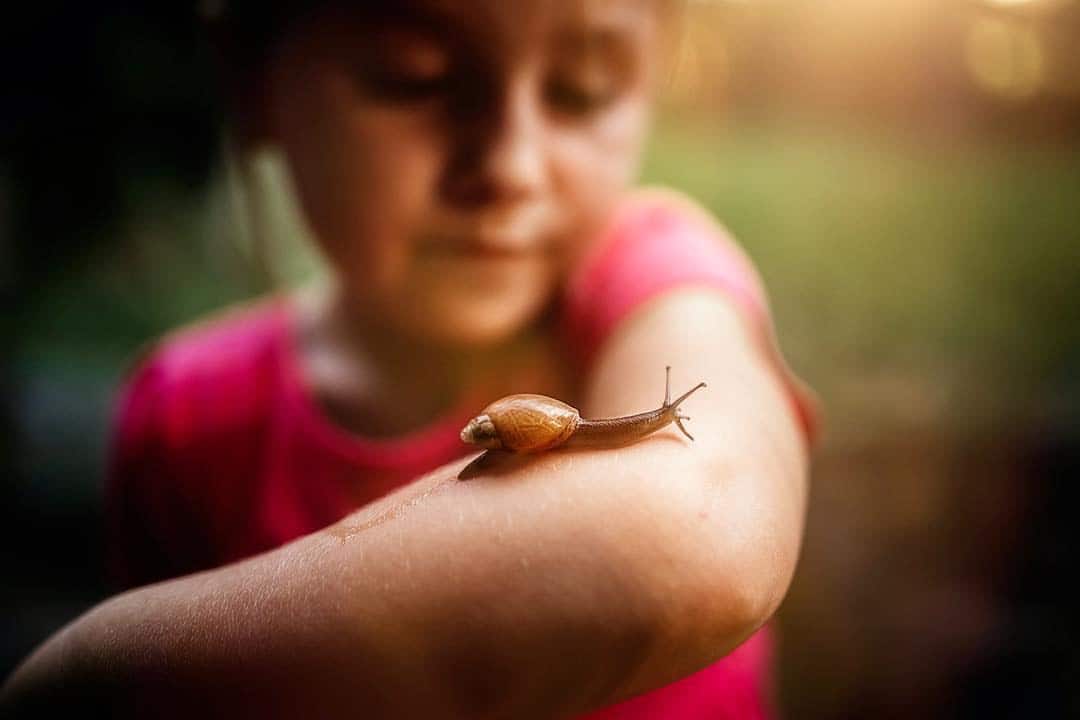
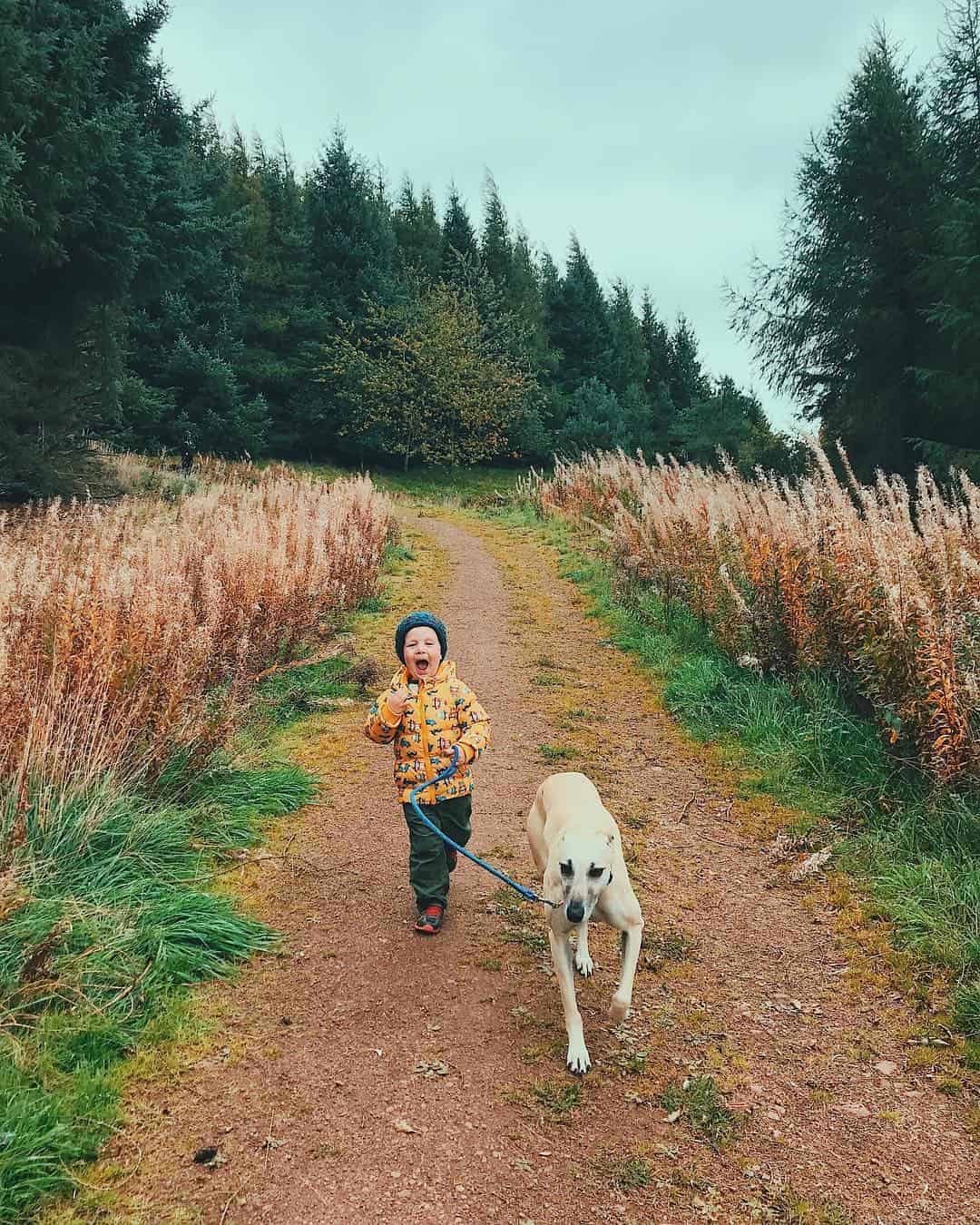
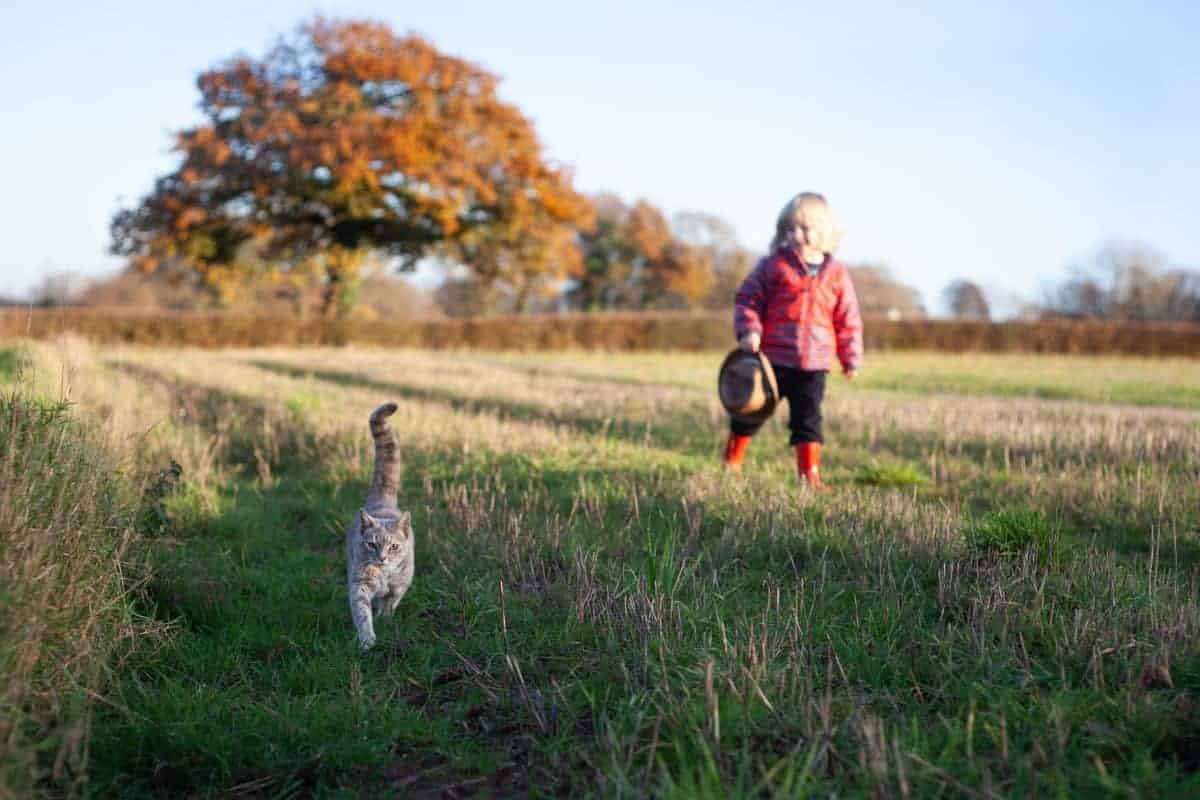

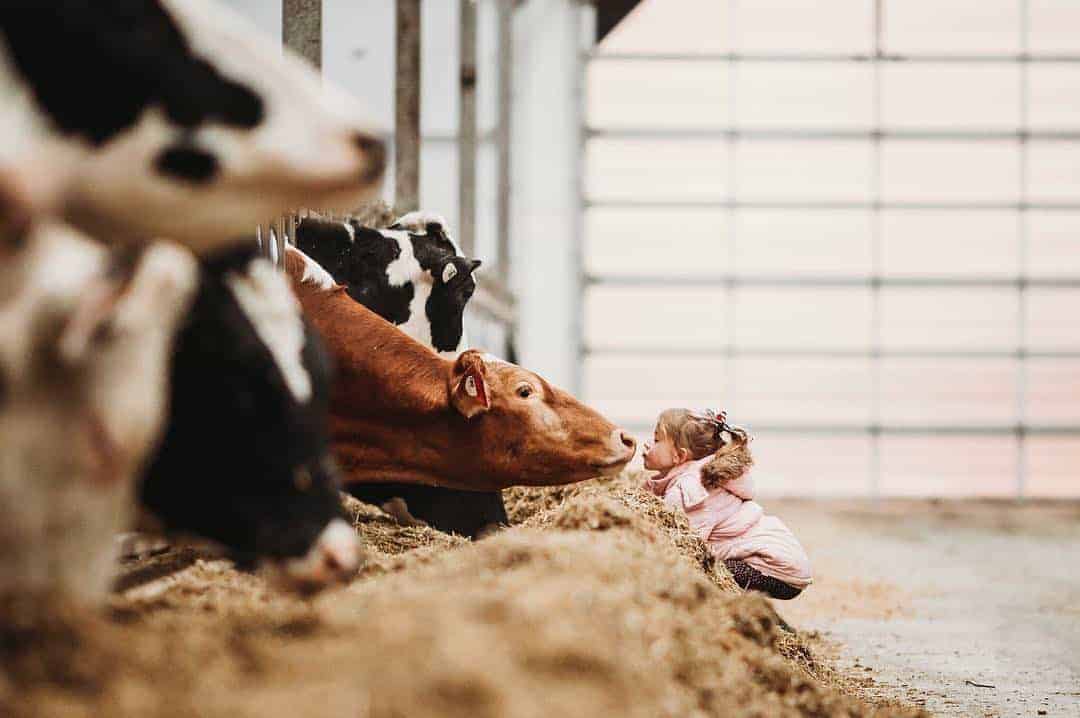
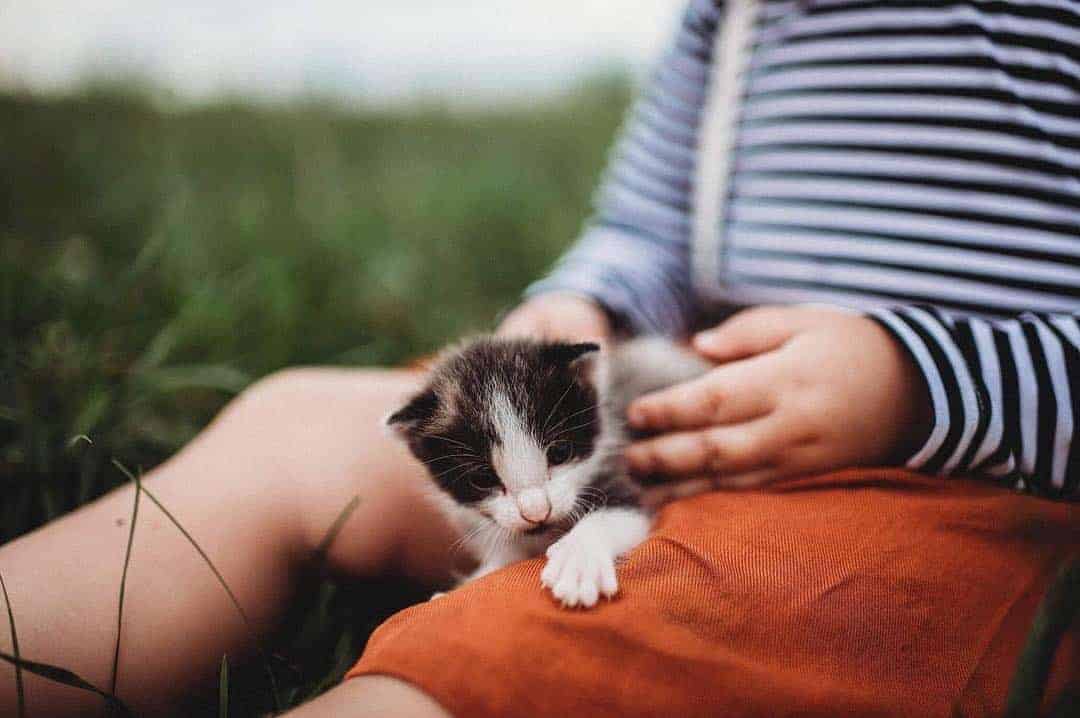
Leave a Reply